Abuse
There are many different types of abuse. The more commonly known forms include domestic violence, child abuse and emotional abuse. Abuse is when someone causes someone harm or distress. It can take many forms, ranging from disrespect to causing someone physical or mental pain. The people who commit abuse are taking advantage of someone else.
Abuse can have a big impact on our mental health and well-being, not only at the time of the abuse but there can be lasting effects throughout a person’s life.
Types of abuse
Abuse can come in many forms.
Physical abuse
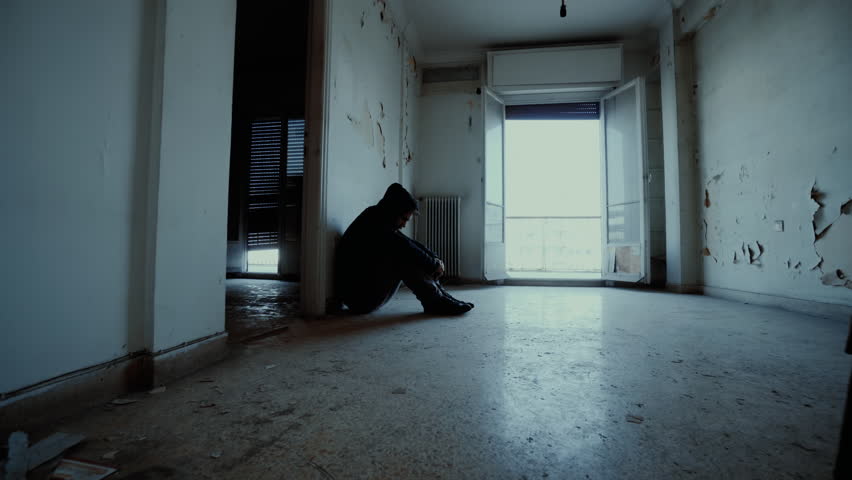
Physical abuse is causing intentional harm or injury to another person through violence or physical contact. Anyone can be affected by physical abuse. The abuser can be any person from within the victim’s environment including family members, partners or friends.
Physical abuse can include, but is not limited to:
- pushing
- scratching
- burning
- hitting
- biting
- choking
- sexual assault
- throwing objects
Physical injury is not the only impact of this type of abuse. Victims may feel shame and guilt over what is happening to them and therefore hide it from others. There is also a great deal of fear that can stop people from reaching out and, of course, sometimes the victims are unable to communicate what’s happening. Because of this, physical abuse can often go unreported.
Emotional abuse
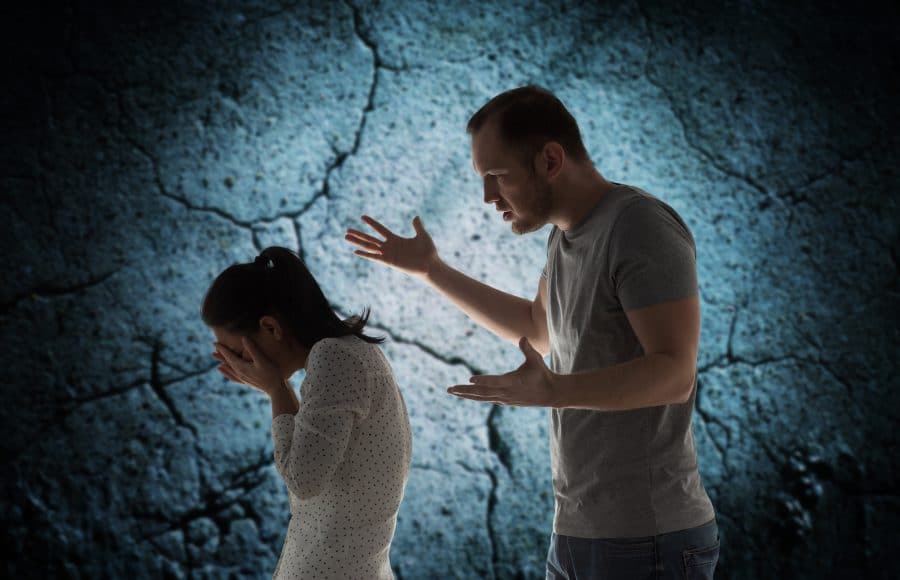
Emotional abuse is often difficult to identify as there are no visible marks or injuries left on the victim. This form of abuse often allows the abuser to gain power over the other through humiliating words and gestures.
Generally, emotional abuse can be put into three categories.
- Aggressive: This can include name-calling, blaming, accusing, and making threats or destructive criticism.
- Denying: This can include manipulation, neglecting, withholding affection.
- Minimising: This can include belittling the victim’s feelings or thoughts, isolation or accusing them of exaggerating.
It’s important to remember that conflict, arguments and criticism are all healthy ways of interacting with others but there is a clear difference between this and emotional abuse: the way it makes one feel.
Sexual abuse

Sexual abuse can vary from unwanted touching or photographing, to being pressured to do a sexual act without consent. Many victims who have been abused sexually will know the abuser. They will often be a relative, friend or a past or present partner.
A common mistaken belief is that men cannot be sexually abused, this is untrue. Anyone can be a victim of sexual abuse and nobody should feel pressured into doing something they do not want to do.
Sufferers of sexual abuse may begin to change their behaviour as a result of the trauma. While everyone will react differently, the effects of being abused sexually may include intense fear, panic attacks, low self-esteem, body pains and
Domestic violence
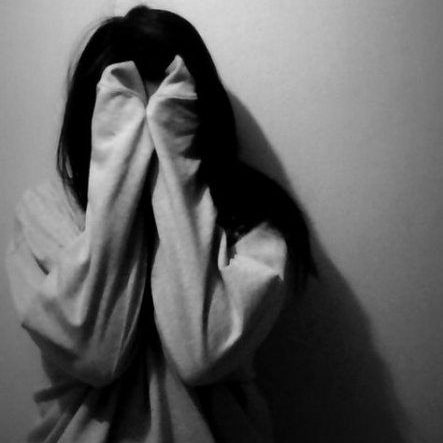
Domestic violence is any incident of threatening behaviour, violence or abuse between two people who are, or have been, in a relationship. It also covers family members, whatever their gender or sexuality. The abusive behaviour may be psychological, sexual, emotional, physical or financial. Its aim is to maintain the power and control of one person over another.
Individual counselling may help you consider what to do about a violent relationship and learn what steps to take next. Specialist agencies and professionals are also available for help and support.
At any given moment you have the power to say this is not how the story is going to end.
Christine Mason Miller
Child abuse
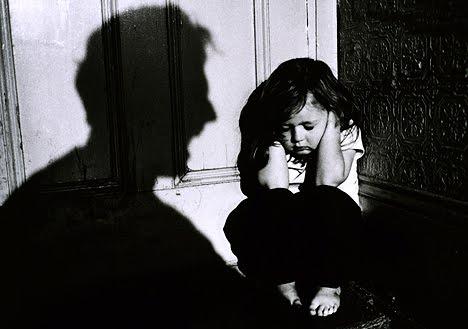
Child abuse is characterised by any actions of a carer that could potentially harm a child’s mental or physical health. Research shows that many aggressors were abused themselves as children.
The main areas of child abuse are as follows:
- physical abuse
- sexual abuse
- emotional abuse
- child labour/exploitation
- neglect
- abandonment
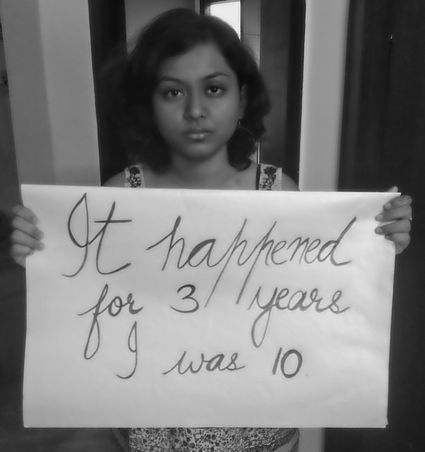
How can counselling help?
Anyone who has experienced abuse (in whichever form) will require emotional support of some kind. But, everyone’s needs will vary. You may have a support network you can lean on but, equally, you may not feel comfortable speaking to loved ones about what has happened. Or maybe you have, but they aren’t sure of how to help you further.
Whatever your situation, it can be helpful to seek help from a counsellor in order for you to see a way out and escape from a cycle of powerlessness. You deserve to be listened to with respect and without being judged if you choose to talk about your experiences.
Counselling offers you a safe space to talk, without fear and without judgement. Your counsellor will listen to you, help you come to terms with what has happened, and understand your options for moving forward.
Counselling can help in many ways, at whatever stage you are with your life. It can act as a support if you are in the process of leaving an abusive relationship and help to restore
Recognising the signs of abuse
Abuse is an extremely difficult and sensitive subject for anyone to deal with, irrespective of the nature of the abuse or who the perpetrator is. If you’re worried about a loved one, spotting the signs is really important so that you can help them find the right support.
Keep in mind that people with care and support needs, such as older people or people with disabilities, are more likely to be abused or neglected. Often, they may be seen as an easy target and may also be less likely to identify abuse themselves or to report it.
Often, there is a history of abuse or violence in an abuser’s background. For instance, many abusers have often been victims themselves. But, regardless of the reasons, this does not excuse the behaviour. No one has the right to make another person feel afraid or worthless.
Abuse can surface slowly, it may not be immediately obvious. One of the main characteristics of an abusive relationship, though, is control. Control is often achieved by force or manipulation. If you suspect that a relationship has become too controlling, you start to see signs of bullying or intimidating behaviour, or you notice that your loved one’s behaviour has changed, be there for them and help them find the right support.
What is intimidating behaviour?
Intimidating behaviour is an act or a pattern of acts of assault, threats, humiliation and bullying or other abuse that is used by the abuser to harm, punish, or scare their victim.
If you think your friend or family member is being abused, ask them about how they’re doing. The person may not be ready to open up you or to leave the relationship right now, but knowing that you are there to support them will be a comfort.
Further help
Related topics
- Domestic violence